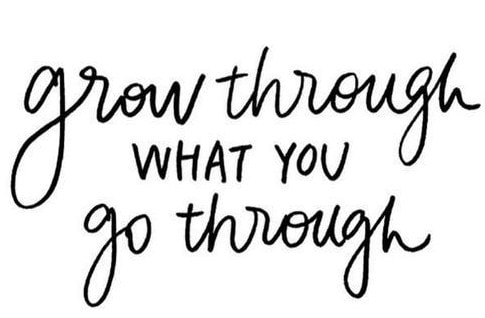|
Cheating, whether in a monogamous or polyamorous relationship, is sometimes so difficult that relationships have difficulty withstanding the hurt and pain of cheating, and sometimes the relationship will end. For some, cheating is a limit or boundary that cannot be accepted because of one’s values and beliefs, and as such, the relationship cannot be recovered. Sometimes the partner who cheated is seen as the problem, and the person who was betrayed by the cheater is seen as the victim. It is important to realize that things are not so dichotomous or black and white, and that there may be other ways of looking at cheating, healing, and even strengthening relationships even after significant hurt and pain. When cheating occurs in a relationship it is a symptom of a disconnect within the relationship, or in other words, there are problems within the relationship well before the cheating occurs. Cheating is the yellow light on a traffic light that is warning that there are issues within the relationship. These warning lights signal that a relationship cannot continue in this manner, and if left unaddressed, can lead to a red light resulting in the relationship to end. Yellow Lights (Gottman’s Four Horsemen):
What could happen if couples recognized their yellow warning lights? Can relationships withstand the hurt and pain of cheating within a relationship? Can a relationship be repaired and even strengthened? By becoming aware of the yellow warning lights or the issues within the relationship, which often perpetuate cheating, couples can repair and rebuild their relationship with a lot of hard work. In fact, after cheating has occurred, it is likely that this is not the same relationship, that the relationship has changed, and that by making repairs, the couple may be creating a new relationship with one another. Healing from cheating can be difficult and sometimes seeking out help for underlying issues is necessary. Seeking out couples and family therapy can be a helpful source of support for couples and families as they work towards healing hurt and pain within their relationship, particularly when cheating is involved. In order for a couple to be successful in rebuilding their relationship, both partners need to be committed to working on the relationship. This may be difficult for the partner who was cheated on who may feel a number of emotions such as hurt, pain, anger, sadness, or even embarrassment. This partner will need to decide to try to heal, rebuild, to eventually forgive their partner, and to work through their own feelings of pain and hurt. For the partner who cheated, it may be difficult to open communication about cheating on their partner, about the issues they have experienced within the relationship that preceded the cheating, to find other ways of coping when experiencing issues within the relationship, and to repair yellow lights, and to rebuild trust within the relationship. Couples who survive cheating can build a new relationship with one another, can strengthen their relationship particularly when overcoming difficult situations together, can learn and grow, and make healthy changes together. References:
Irvine, T. (2021, May 19). Rebuilding after infidelity. The Gottman Institute. Retrieved from http://www.gottman.com |
|
OverviewNWO’s source for all things relationships, mental health, wellness, lifestyle, and pandemic support. Kelly Magazine is a mental health outreach initiative created by Kelly Mental Health and supported by Kelly Mental Health Foundation, a non-profit organization dedicated to improving the community in the area of mental health.
|
Magazine |
Follow Us |
In support of @kellymentalhealthfndn |
© COPYRIGHT. ALL RIGHTS RESERVED. WEB DESIGN BY KMH





